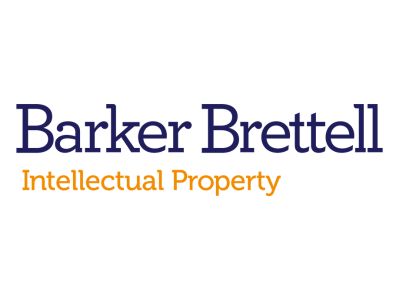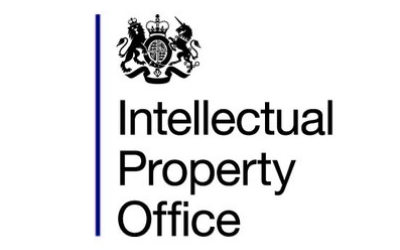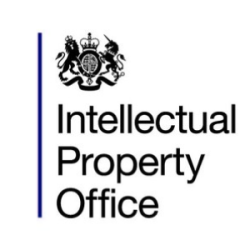This is a decision that considers the alleged trademark infringement of “advancetrack” as a keyword in an internet advert campaign. Judge Tindal reviewed the impact of the EU Withdrawal Agreement in detail, and the likely effect of the Retained EU Law (Revocation and Reform) Act 2023 (REULA), effective 01 January 2024, in his analysis. He concluded that the parties could rely on authorities of EU law and that Brexit made no difference in the determination of this case.
The Claimant, E-Accounting Solutions Ltd, trading as AdvanceTrack, has the registered trademark ‘Advance Track’ designating inter alia accountancy services and outsourcing of services for accountants. The Defendant, Global Infosys Limited, trading as GI Outsourcing, offered identical services.
On 23 March 2021, the Defendant’s marketing consultant, JE Consulting (JEC), on instruction from the Defendant, included “advancetrack“ as a keyword in its Google Adwords campaign. Subsequently, the word “advancetrack” appeared in the resulting Internet advert.
The Claimant issued a cease-and-desist letter on 13 May 2021 asserting infringement under Section 10(1)(2) and (3) of the TMA and passing off. The Defendant stopped the adverts on 24 May 2021.
There were a number of side issues in the decision following counterclaims around the validity of the AdvanceTrack registration (Sect 47 TMA) and non-use (Sect 46 TMA). The invalidation claim was rejected, and the Claimant deleted classes 42 and 45 from the registered trademark. Ultimately, “the key factual dispute …was whether the defendant deliberately included advancetrack in its advert itself, as opposed to as a Google keyword.”
Evidence showed that the Defendant intended to use “advancetrack” as a keyword and authorized JEC to do so, but that it had not expressly approved the advert text which also contained “advancetrack”. The Judge accepted the inclusion could have been the result of a ‘communication breakdown’ with JEC but, of course, this does not remove the Defendant’s liability for infringement.
In determining the infringement issue, a distinction was made between visible and invisible use. This of course is not a new approach. Unsurprisingly, the use of “advancetrack” within the Internet advert was deemed ‘use’ under Sect 10(4) TMA and found to infringe the registered trademark.
When considering invisible Internet use, reference was made to Google France v. Louis Vuitton. which is worth repeating:
“The proprietor of a trademark is entitled to prohibit an advertiser from advertising, on the basis of a keyword, identical with that trademark, which the advertiser has, without the consent of the proprietor, selected in connection with an Internet, referencing service, goods, or services, identical, with those for which that Mark is registered… Where that advertisement does not enable an average user, or enables that user only with difficulty, to ascertain whether the goods or services referred to therein originates from the proprietor of the trademark, or an undertaking economically connected to it, or, on the contrary, originate from a third-party.”
Judge Tindal concluded that the keyword also infringed and this was due to the prominence of “advancetrack” in the Internet advert which “would plainly not have enabled the average accountant (or only with difficulty) to ascertain whether services advertised originated from the Claimant (or a connected business) as opposed to a third party.”
He continued, that the keyword “advancetrack” and the trademark Advance Track were identical, despite the presence of a space in the latter, and even if they were not identical, they were similar. The services in question were identical and significantly, the use by the Defendant would have an adverse effect on the origin function of the registered trademark.
Judge Tindall concluded that the use of “competitor brands as keyword[s] [are] a legal minefield [which] businesses need to be increasingly mindful of given the likely evolution of law in this space [and even] a small business would be well advised to ensure that its advert makes it positively clear that they lack any connection with the Mark proprietor.”
This is a useful reminder to businesses and legal practitioners alike to be mindful of the use of others’ IP, whether as keywords, within the content of adverts, or even the use of images and photographs. As Judge Tindall alludes, this is an evolving area of law and the enactment of REULA 2023 means there are “fundamental changes” likely in 2024 and beyond as the interpretation of domestic statute takes over.

Written by Rosalyn Newsome
Trademark Attorney and Partner, Barker Brettell LLP
You may also like…
ANI v. OpenAI: copyright infringement suit to redefine AI laws in India
Recently, Asian News International (ANI), a renowned news agency, has filed a copyright infringement suit against the...
New USPTO trademark fee structure effective January 18, 2025
The United States Patent and Trademark Office (USPTO) has announced significant changes to its trademark fee schedule....
UK amends international trademark rules to allow partial replacement
The UK has updated its trademark legislation to allow for the partial replacement of domestic trademarks with...
Contact us to write for out Newsletter














